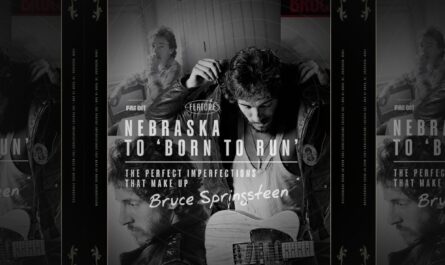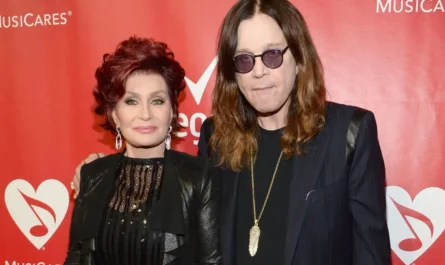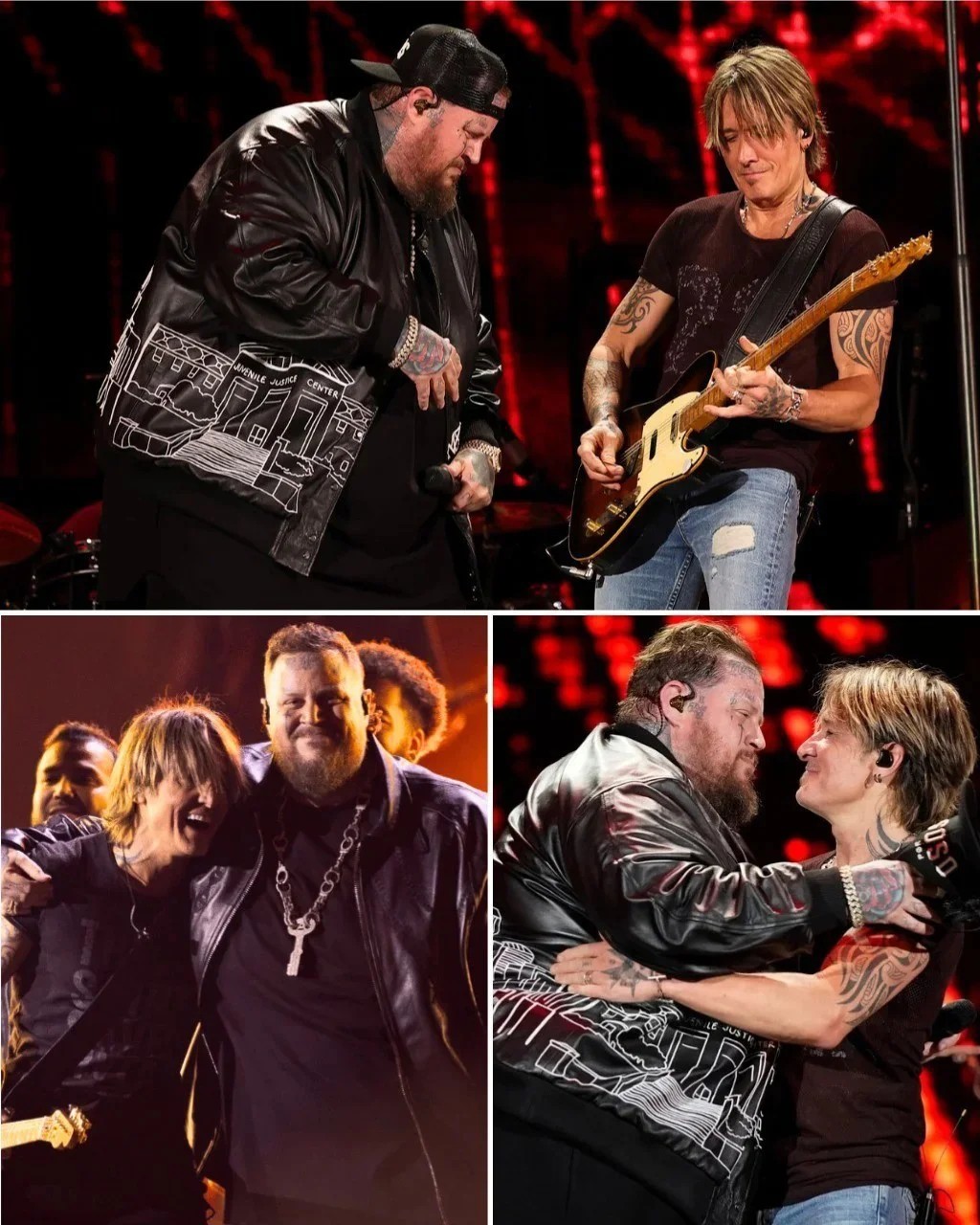There isn’t much about the career of Winona Ryder that one might consider normal.
She has continuously put herself forward as perhaps one of the most dynamic leading ladies in modern cinematic history, but has managed to avoid all the unwanted trappings that come with it, for the most part at least.
Ryder’s meteoric rise to the top as a fresh-faced ingénue, full of wide-eyed promise and a delicacy that not many actors of her age possessed, allowed her to be both commanding and dazzling onscreen while always feeling vulnerable to the audience watching her. Even in her strongest roles, she could offer up a sense of breakability, which turned her into a star that fans devoted themselves to.
Across a range of films, she has carried off this cult fandom with aplomb, rarely taking too many steps in the wrong. However, she has suffered from time to time in her personal life, leading to some roles escaping her to avoid the drama she could bring to a set. Regardless, in recent years, her resurgence as one of the most beloved actors of her generation has resulted in a career that most would envy, but it is never one you’d consider to be routine.
Three roles that define Winona Ryder:
‘Beetlejuice’ – Tim Burton (1988)

There’s a good chance that most people’s first pick for a Ryder smash would be Heathers, and there can be no doubt that the movie launched her career in the main, but it was Beetlejuice that really cemented her position.
Seeing ghosts before anyone else, Ryder held her own as goth teen Lydia Deetz against Michael Keaton’s Beetlejuice in full manic flight, and that’s no small feat considering how he is a demented whirlwind of lechery and chaos, who could have easily drowned her out in the ensuing noise. Her performance gave the film its heart, grounding Tim Burton’s surreal comedy in a strangely sincere portrait of adolescent alienation.
The genius of Ryder’s turn lies in the restraint of her poker-faced reaction to the dead, which also made her a Gen-X icon. She is sardonic, wry and weary in every moment of the film and came to embody a feeling of disenfranchisement that seemed synonymous with the decade to come.
Ghoulish set pieces and comic reactions may define Beetlejuice, but they simply wouldn’t have played anywhere near as well without Ryder’s reaction to the puerility of it all.
‘The Age of Innocence’ – Martin Scorsese (1993)

Fast forward a few years, and Ryder is a far cry from suburban gothdom in Martin Scorsese’s The Age of Innocence, holding her own opposite Daniel Day-Lewis and Michelle Pfeiffer in a tale of repressed passion and social duty in 19th-century New York – and earning heaps of critical acclaim in the process.
The lavish costume drama won Oscars for its design, but what lingers isn’t just the embroidery or ballroom scenes but Ryder’s delicate balancing act that also netted her an Academy shoutout for ‘Best Supporting Actress’. Against Day-Lewis’s tortured intensity and Pfeiffer’s magnetic worldliness, she reshapes the story’s emotional centre with understated deftness.
For one so often linked with the contemporary, The Age of Innocence proved her ability to thrive in classical modes too, exhibiting her capability to reach back a century and still make the role sing.
‘Black Swan’ – Darren Aronofsky (2010)

As the new century dawned, Ryder struggled with off-set issues, and it would take a decade for her to chance upon a big picture return, and Darren Aronofsky’s Black Swan became the vehicle to reintroduce her to a new generation.
On paper, Ryder’s Beth as the ageing prima ballerina unceremoniously being replaced by Natalie Portman’s unseasoned Nina, is a small role, but on screen, it brims with poignancy. The actor plays her turn with both bitterness and vulnerability, turning the character into a haunting mirror of what Nina could become.
Hence, while Beth’s comments are barbed and venomous, they also speak of the heartbreaking sadness of someone once at their peak finding herself relegated to the wings as a younger generation takes the limelight. Ryder channels this mix of rage and fragility in everything, from her gaze to the way she holds a glass, to offer an affecting performance that showed the kind of depth she can bring to even a supporting part.
While Portman rightly took home the plaudits as the protagonist, Ryder’s contribution to the film was enough to buoy her towards a long-overdue mainstream comeback, which she found in taking up the role of a harried mother in Stranger Things.





